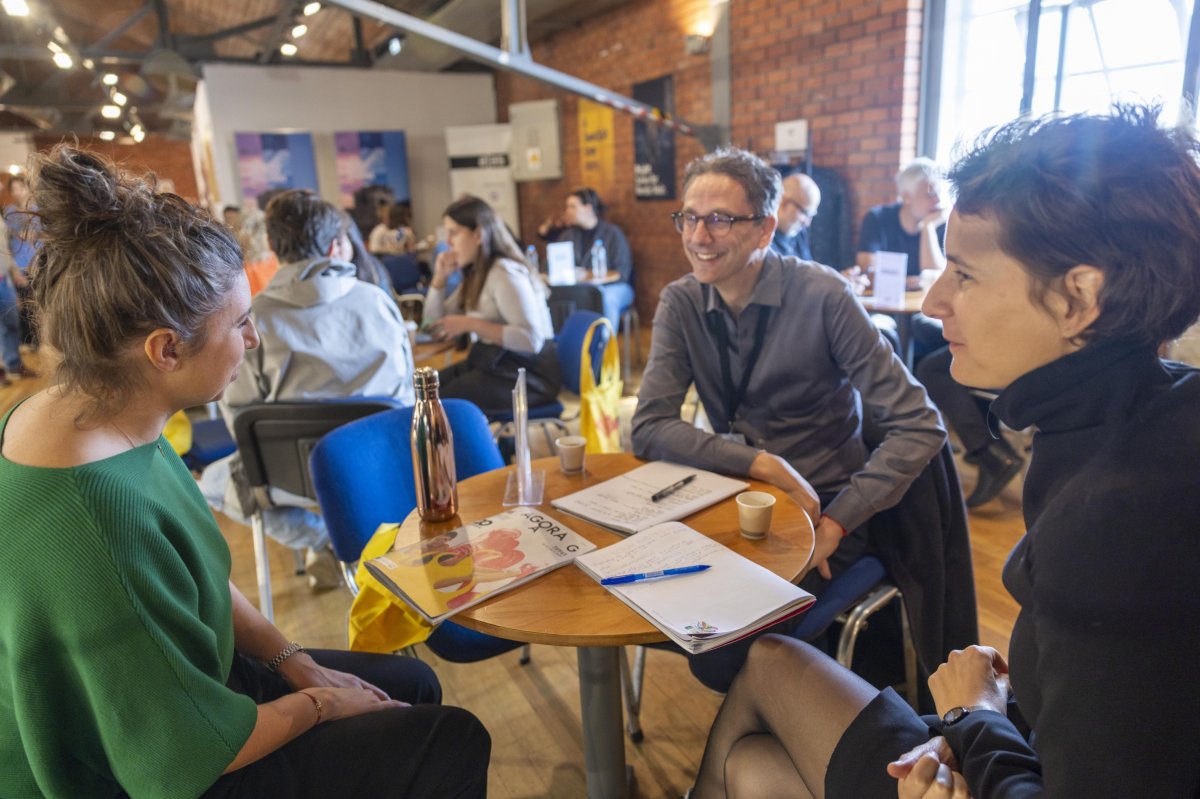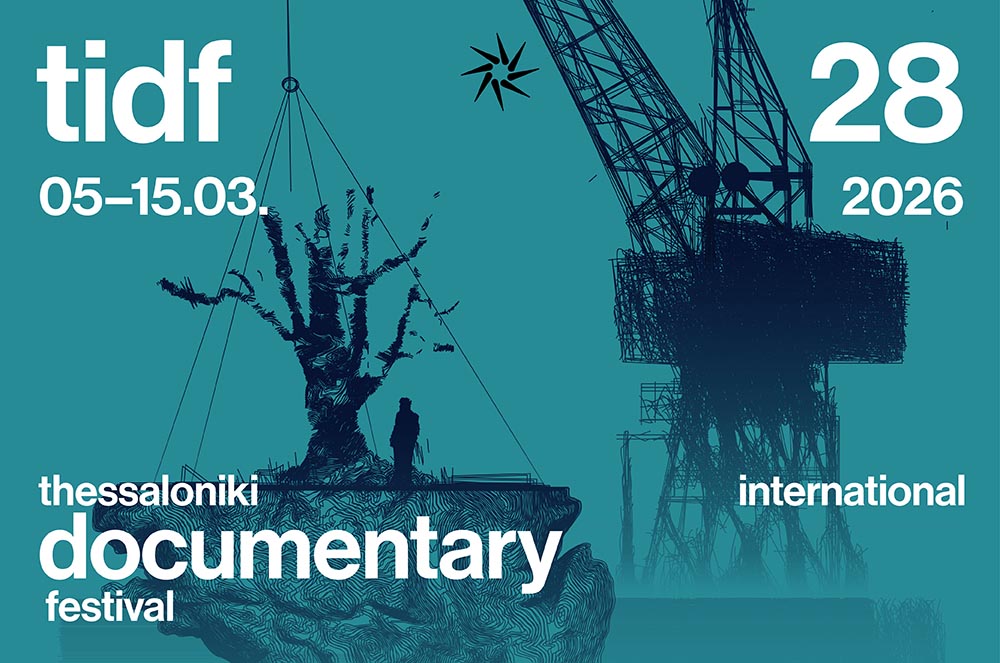The Thessaloniki Film Festival acknowledges its environmental impact and has adopted a comprehensive environmental policy, which is being detailed and systematized into an action plan,
meant to constitute an integral part of our administration, daily operations and overall organizational culture. The action plan, which is regularly revised and re-evaluated, focuses on:
Additional information is available through TFF’s website https://www.filmfestival.gr

HERE ARE SOME THINGS WE CAN DO TOGETHER DURING THE 66th TiFF:
TRAVEL
Think about your arrival to and departure from the Festival. When you can, opt for walking, cycling or car-pooling, which can be quicker, more practical, and beneficial for our health. It will also lower our carbon emissions. Mass transportation options are available too.
WATER CONSUMPTION & SINGLE-USE PLASTICS
We are continuing our effort to avoid single-use plastic and we encourage you to use your own reusable water bottle. Across the Festival venues you will find installed several water coolers. You can also buy the Festival’s reusable bottle, available at the Festival shops and canteens. Still, if you have a single-use plastic water bottle, you can recycle it at our plastic recycling stations.
PROMOTIONAL MATERIALS
We have limited our promotional materials, mindful of the energy consumption required to recycle them, and the environmental footprint they entail. A “merch drop-off” option will be available this year, as well as last year, at Warehouse C. If you don’t want it, return it!
More and more of our printed materials are printed on FSC certified environmentally friendly paper, and will be recycled or repurposed at the end of our activities. Instead of throwing paper away, recycle it!
FOOD AND BEVERAGE
We are relying as much as possible on reusable cutlery and products.
Opt to buy and consume seasonal and local food and beverages, available at all venues for the duration of your stay in Thessaloniki. This action will help minimizing the energy spent on transporting materials, as well as strengthen the local economy and diversify your experience!
WASTE MANAGEMENT
The 66th TiFF continues its efforts towards the goal of zero-waste management. In collaboration with VIPA GREECE S.A., InCommOn, and Cigaret Cycle, there will be a daily collection, sorting, and circular management of the waste generated from all the event across the Festival venues. You will find separate recycling bins for paper, plastic, glass, aluminum, cigarette butts and organic waste. Additionally, all coffee residue from the canteens and any food leftovers from the AGORA lunches will be collected daily and placed into special storage bins. Along with the rest of the produced refuse, these materials will be transferred to each company’s waste management facilities to be weighed, recorded and will then be responsibly recycled, composted or gain a second life.
Sustainable Waste Management Collaborators
















